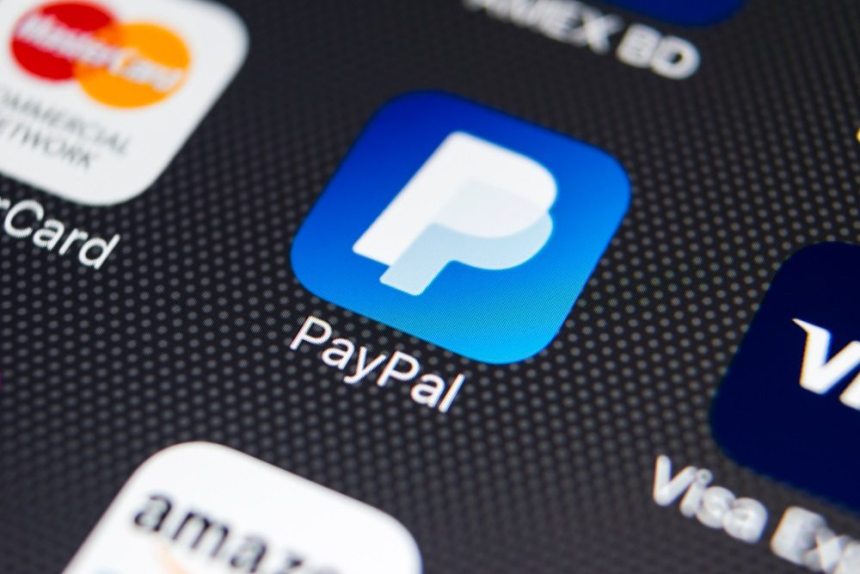PayPal has recently announced that it will be keeping all seller’s fees when processing a refund going forward. Could such a self-serving policy drive online merchants towards alternate payment networks, such as Bitcoin and other cryptocurrency?
In addition to the seller fee adjustments, PayPal has also announced that it will be altering how it handles intentional payments. Transferring funds from one nation to another used to have a flat fee but will cost a percentage of the total amount transferred. Clearly, any crypto can beat this international transaction fee by more than an insignificant amount.
Could PayPal Angering Users Benefit Crypto?
According to a report in TechSpot, PayPal has infuriated many of its loyal users with its latest changes to its terms and conditions. Previously, the company would take a small set fee of 30c from the seller in each retail transaction occurring on the network, as well as 2.9 percent of the the value of the goods or service sold. If the buyer requested a refund for whatever reason, the set fee would be kept by PayPal whilst the percentage would be refunded to the seller.
In the latest revision of its policies, as of May 7 2019, the international payments processing firm has now made it so that it keeps both the set fee and the percentage of the item’s value when a refund is requested. This is essentially the same as charging a seller for the customer changing their mind about a purchase.
The report in TechSpot highlights the unfairness of the amendment with an example in which a seller must refund a $1,000 purchase, at a cost of $29 to themselves.
Examples such as the recent irking of PayPal users could eventually provide an opportunity for Bitcoin and other cryptos. Essentially, PayPal justifies its fee taking as the cost of ensuring trust between two parties. They act as mediator between two individuals or companies that may not know each other and can charge what they want for the service.
Bitcoin and others cryptos do not rely on a central authority to provide mediation. This role is distributed amongst all the network’s miners and therefore no one party can make any demands on the network’s users, as PayPal can do on a whim.
International Payments Also Incur Fees With PayPal
PayPal also makes money from its users when they send money from one country to another. The firm used to charge a flat fee for this service. However, with the latest terms and condition changes, it has announced that it will now charge a variable fee of five percent. This intentional transaction fee will be no more than $4.99 and no less than 99c.
Since the fee is capped, those sending smaller sums of money are penalised with harsh fees of five percent or even more, whilst those sending huge sums will only pay less than $5 maximum. The real impact of this is that the poorest are effectively charged the most.
Compare this with cryptocurrency. Crypto like Bitcoin does not care which imaginary lines it has to travel across to get to its destination. Sending Bitcoin, Ether, Dash, or Litecoin to your friend sat next to you or to the furthest point around the world from you costs exactly the same. As these payment networks continue to mature, it is likely that the harsh fee structures PayPal get away with imposing will be a thing of the past.
Likewise, crypto cannot withhold services to individuals in the same way that PayPal can and has done previously. Bitcoin is entirely permissionless and censorship-resistant, meaning that no one can stop anyone else from using it.
Related Reading: Bitcoin Surpasses PayPal in Yearly Transaction Volume at $1.3 Trillion
Featured Images from Shutterstock.
